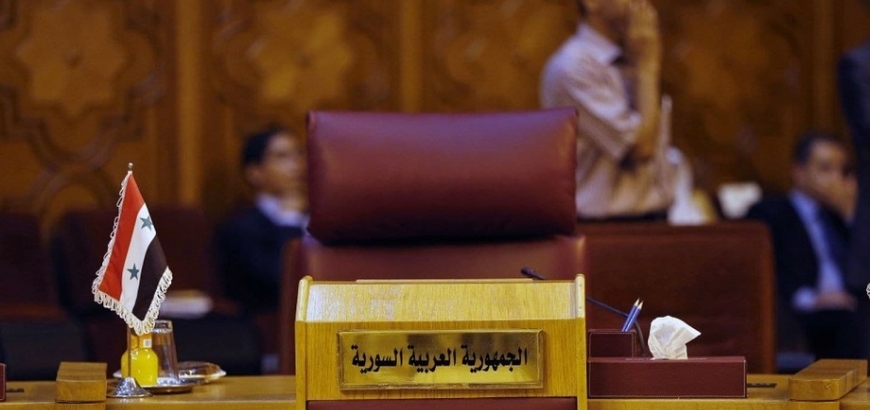Washington and European capitals have stepped up communications with Arab countries to regulate normalization with the Assad regime, and place political conditions before it.
It seems that there is a move towards specifying a joint ceiling during the European-Arab summit planned in Egypt for Feb. 24 – 25, 2019, in addition to putting forward matters for the donors conference in Brussels, ahead of the Arab summit in Tunisia at the end of next month.
Today in Brussels, a ministerial meeting of Arab and European countries is being held in preparation of the first joint summit in 20 days.
Diplomatic sources said that there have been discussions in recent days among the relevant capitals to draft the closing ministerial statement. One of the issues was reaching a joint statement regarding Syria.
European countries are insisting on including “minimum political items” with regards to carrying out Resolution 2254, and supporting the UN Special Envoy, Geir Pedersen, as well as achieving progress in the political process, with the aim of regulating “Arab normalization” with the regime.
Efforts are underway to adopt a position of “conditional engagement” during the Arab-European summit, while European and donor countries stick to their position, that participation in Syria’s reconstruction be tied to progress of a credible political process and supporting the international envoy during the donor countries conference in Brussels on Mar. 13 – 14, 2019.
Sources said that European countries are keen to hold the donors conference before the Arab summit in Tunisia on Mar. 31, 2019, and that, “some countries have stipulated that the process of normalization with Damascus should be delayed until the Mediterranean-European summit and that the major European countries will not accept the joint summit legitimizing a decision by the Tunisia summit to normalize with the regime. It seems that currently there is a move towards putting the brakes on normalization.”
Sources expressed their belief that there was a common Arab decision to wait, whether on the bilateral or collective level, with regards to normalizing with Damascus.
These sources said that the decision to wait was for a number of reasons, including the Assad regime’s stiffness, whether in it openly saying that it will not submit a request to the Arab League to restore it, or through the media escalation saying that the Arabs need to return to Damascus, and not Syria to the Arabs—in addition to the, “hardening of the political process and the lack of flexibility offered in forming the constitutional committee in accordance with the United Nations proposals.”
According to sources, the American and European “advice” also contributed to putting the brakes on normalization, whether that be the protests by Western ambassadors in Arab capitals, or through the American Secretary of State Mike Pompeo’s visit to the Arab region last month. This is in addition to the European Union’s approval of sanctions against figures close to Damascus, and American Congress approving a draft proposal related to punishing participants in reconstruction.
The “wait” has been expressed by a number of signals, including the Emirates not appointing a charge d’affaires, while the Egyptian Foreign Minister, Sameh Shoukry, has spoken openly about “political conditions and standards” that need to be provided before the Assad regime returns to the Arab League and bilateral political relations are developed. The Secretary General of the Arab League Ahmed Aboul Gheit has also expressed the need for their to be “Arab consensus” to take a decision to lift the freeze.
This article was translated and edited by The Syrian Observer. Responsibility for the information and views set out in this article lies entirely with the author.


